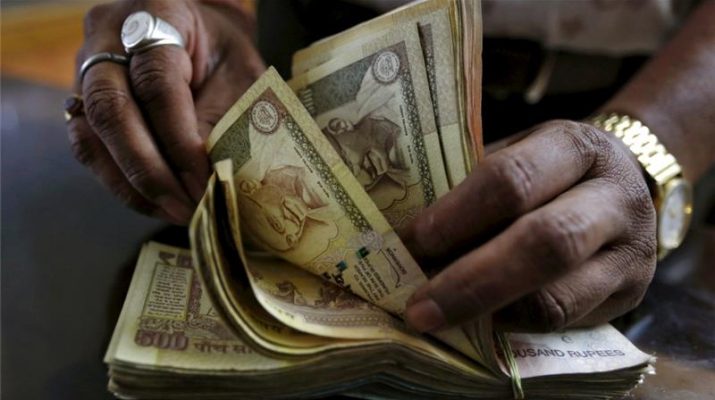Indian Prime Minister Narendra Modi has ordered the withdrawal of 500 and 1,000-rupee notes from circulation on Tuesday in a shock announcement designed to tackle widespread corruption.
Modi said that while people could exchange their old notes for new bills at banks or post offices, or deposit them in their accounts, they would no longer be legal tender from midnight.
The 500 and 1,000 notes, which are worth around $7.50 and $15 respectively, are the largest bills in use in India.
“To break the grip of corruption and black money, we have decided that the 500 and 1,000 rupee currency notes presently in use will no longer be legal tender from midnight,” Modi said in a televised address to the nation.
“This means that these notes will not be acceptable for transaction from midnight onwards.”
Hospitals and transport operators will continue to accept old 500 and 1,000 rupee notes for payment for the next 72 hours.
They will also be accepted at gas stations run by public sector oil companies, and at milk booths, crematoriums and burial grounds. ATMs and banks will be closed on Wednesday and some ATMs would also be closed on Thursday.
Modi said that although the existing notes would be “worthless”, members of the public would be able to exchange them for new bills at banks until December 30.
New 500 and 2,000-rupee denomination notes will be issued later by the country’s central bank – the Reserve Bank of India (RBI), he said. Other officials said the new bills would be rolled out from Thursday.

